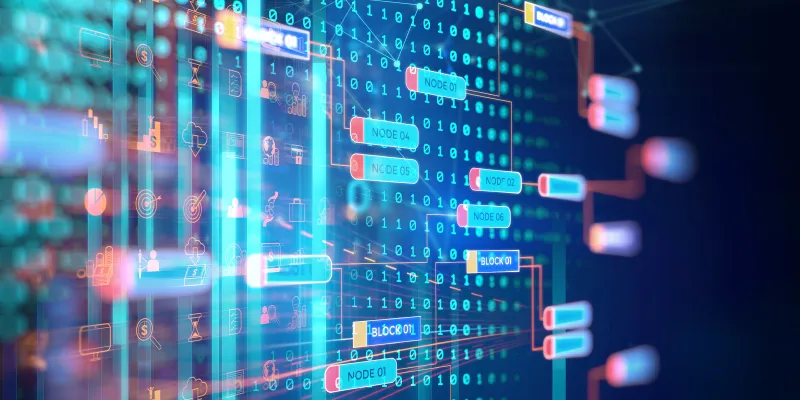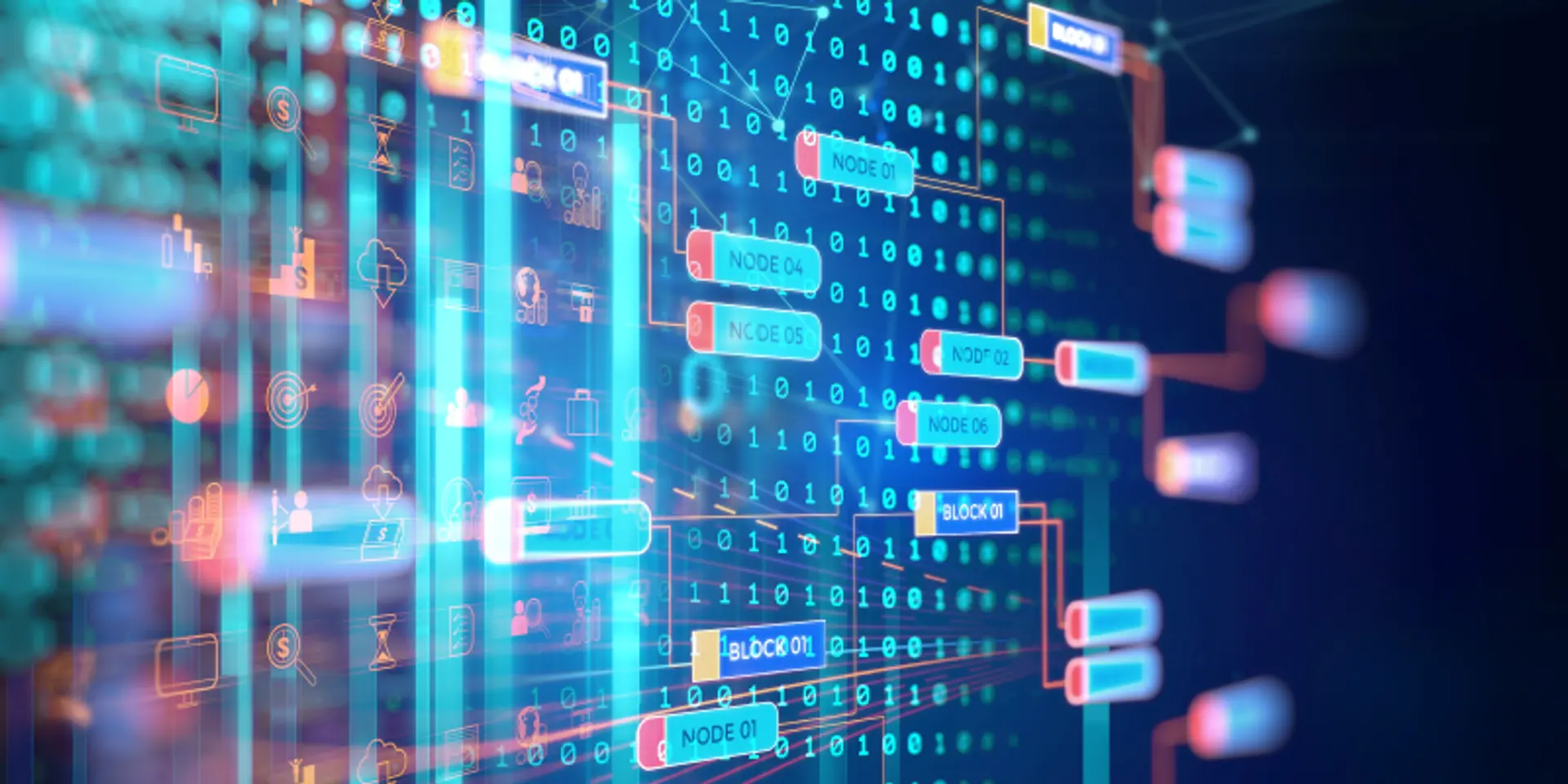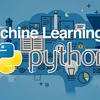Technologies of the future, but where are AI and ML headed to?
According to a report by Great Learning, the edtech startup for professional education, India is expected to see 1.5 lakh new openings in Data Science in 2020, an increase of about 62 percent as compared to 2019
Today, when we look around, the technological advances in recent years have been immense. We can see driverless cars, hands-free devices that can turn on the lights, and robots working in factories, which prove that intelligent machines are possible.
In the last four years in the Indian startup ecosystem, the terms that were used (overused rather) more than funding, valuation, and exit were artificial intelligence (AI) and machine learning (ML). We also saw investors readily putting in their money in startups that remotely used or claimed to use these emerging technologies.
From deeptech, ecommerce, fintech, and conversational chatbots to mobility, foodtech, and healthcare, AI and ML have transformed most industry sectors today.

The industry has swiftly moved from asking programmers to feed tonnes of code to the machine to acquiring terabytes of data and crunching it to build relevant logic.
Sameer Dhanrajani, Co-Founder and Chief Executive Officer of AI Advisory & Consulting Firm AIQRATE, says,
"We are data-rich but information-poor. AI plays a strong role here and it is the engine today. It compels organisations to take AI-driven decisions. Democratisation of analytics and data as a service will lead to the creation of new marketplaces to buy and sell advanced analytics algorithms; the virtual algorithm taking decisions based on heuristic data. AI will eventually start mimicking the human mind. The error rate is already drastically reducing."
The machine market in India
A subset of artificial intelligence, machine learning allows systems to make predictions and crucial business decisions, driven by data and pattern-based experiences. Without humans having to intervene, the algorithms that are fed to the systems are helping them develop and improve their own models and understanding of a certain use-case.
According to a study carried out by Analytics India and AnalytixLabs, the Indian data analytics market is expected to double its size by 2020, with about 24 percent being attributed to Big Data. It said that almost 60 percent of the analytics revenue across India comes from exports of analytics to the USA. Domestic revenue accounts for only four percent of the total analytics revenue across the country.
The BFSI industry accounts for almost 37 percent of the total analytics market while generating almost $756 million. While marketing and advertising comes second at 26 percent, ecommerce contributes to about 15 percent.
At present, the average paycheck sizes of AI and ML engineers in India start from Rs 10 lakh per annum and the maximum cap often crosses Rs 50 lakh per annum.
According to a report by Great Learning, an edtech startup for professional education, India is expected to see 1.5 lakh new openings in Data Science in 2020, an increase of about 62 percent as compared to that of 2019. Currently, 70 percent of job postings in this sector are for Data Scientists with less than five years of work experience.
Career roadmap in data analytics
Shantanu Bhattacharya, a data scientist at Locus, had told YourStory earlier about the phenomenon, and opined that it is wrong to look at machine learning as a tool or a career path, and that it is only a convenient means to develop training models to solve problems in general.
The fluid nature of data science allows people from multiple fields of expertise to come and crack it. Shantanu believes if JRR Tolkien, being the brilliant linguist that he was, pursued data science to develop NLP models, he would have been the greatest NLP expert ever, and that is the kind of liberty and scope data science offers.
He said, "Predefined notions and prior experiences are very poor indicators to define success in data science. It teaches you the ability to define a problem statement in the most explicit way possible. So, it’s equally important to adopt the same mechanism for your mind."
Needless to say, AI and ML have the scope to exponentially amplify the profitability and efficiency of a business by automating many tasks. And naturally, the trend has spread its wings to the jobs market where the dire need for experts and engineers in these technologies is only going up, and does not seem to slow down.
Thanks to the hefty paychecks and faster career growth, the role of machine learning engineers has claimed the top spot in job portals.
The future of machine learning
Hari Krishnan Nair, the co-founder of , says,
“With vast quantities of data being generated, the data science vertical is key to mining actionable insights for businesses. This has naturally resulted in professionals acknowledging the scope of this field, and working towards upgrading their skills to meet the demand for data science professionals. 2020 is set to be a big year for data science in India.”
For a country like India, acquiring new skills is not something of a luxury but a necessary requirement, and the trends of upskilling and reskilling are also currently on the rise to complement with the same. But data science, machine learning, and artificial intelligence are those fields where mere book-reading and formulaic interpretation and execution just does not cut it.
If one aspires to have a competitive career in futuristic technologies, machine learning and data science have a larger spectrum of required understanding of probability, statistics, and mathematics on a fundamental level.
To break the myths around programmers and software developers entering this market, machine learning involves understanding of basic programming languages (Python, SQL, R), linear algebra and calculus, as well as inferential and descriptive statistics.
Siddharth Das, Founder of Univ.ai, an early stage edtech startup that focuses on teaching these tools, says,
"If you look at the United States, every single skilled machine learning professional who graduates from an Ivy League university is picked up by the likes of Facebook, Amazon, Netflix, and Google. Interestingly, a lot of academicians and professors from these universities are also going away to join these high-demanding roles. We cannot print these skills into a person. If we were able to, the world would already be flooded by these professionals."
For a business world that thrives on data and its leverage, the science around it is where the employment economy is moving towards. While the youth of the country is anxious how rapid their upskilling rate is ought to be, it is no easy mountain to climb to rightfully master the art of data science, which it is often referred to as.
Most professionals say it is a consistent routine of learning for almost six to eight months, to be an expert in this field. During this time, when the industry is almost on the verge of fully migrating to NLP and Neural Networks, which are a significant part of future deep-tech, now is more than a better time to start learning machine learning.
With rapidly changing technological paradigms, predicting how the world is going to run is something close to impossible. And being prepared for anything is the best one can manage with, at the moment.
(Edited by Megha Reddy)










